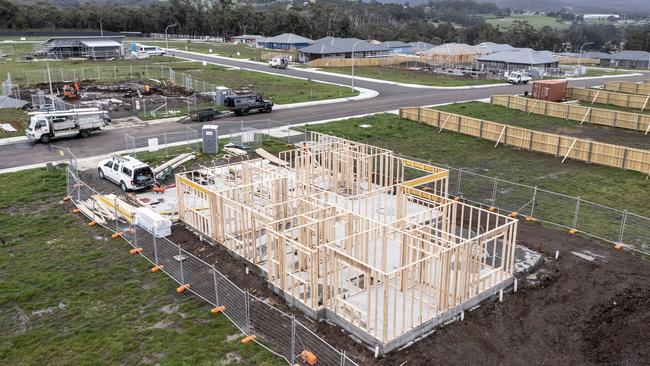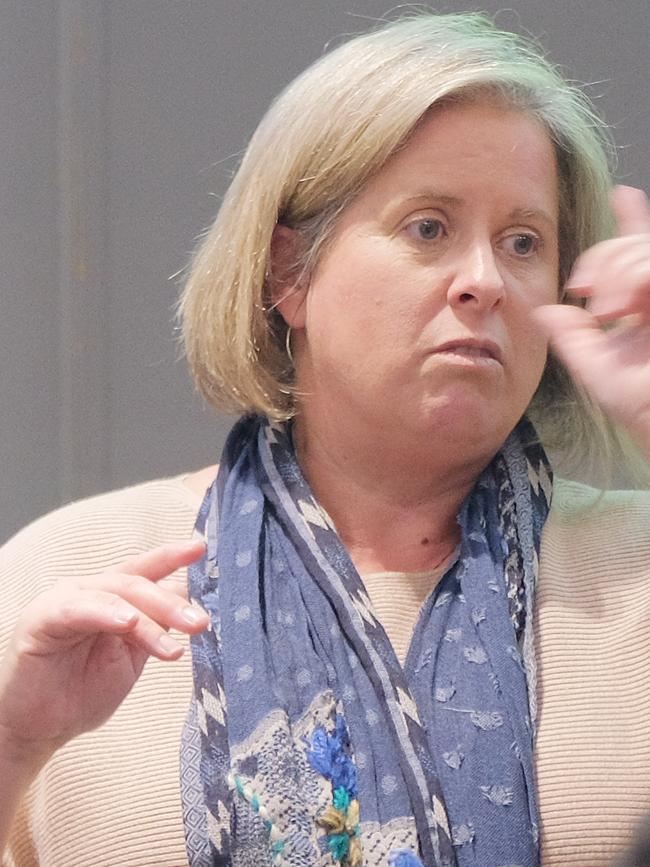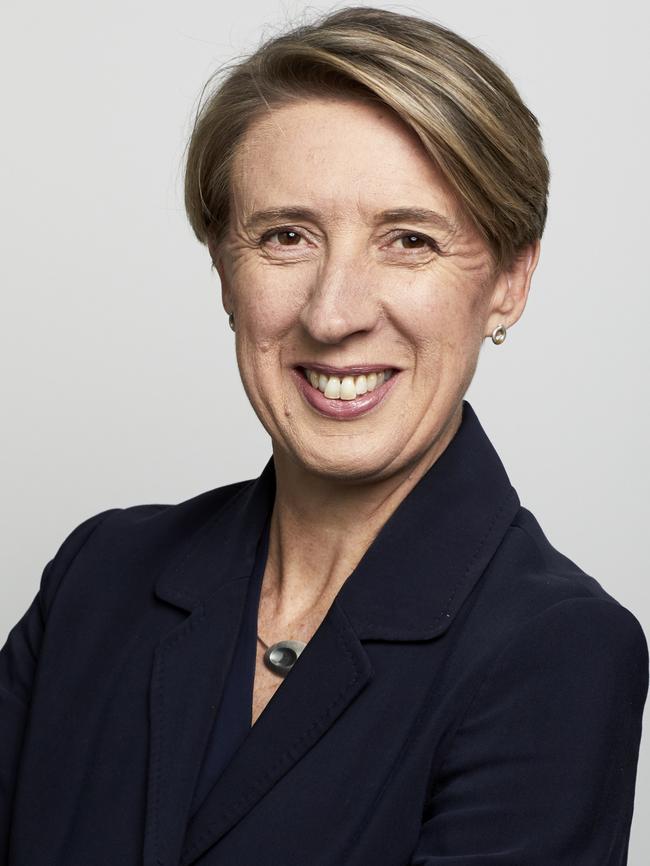More skilled migrants needed as construction activity drops sharply
Building industry urges the government to add an extra 58,000 skilled visa entrants to its annual cap for next two years.

The building industry is urging the federal government to add an extra 58,000 skilled visa entrants to its annual cap for the next two years amid a sharp drop in construction activity fuelled by severe labour shortages, supply chain pressures and higher interest rates.
The call comes as the universities sector pushes for an overhaul of the visa system to cut waiting times of up to three years for research students and make it easier for international students to secure permanent residency when they graduate.
In its submission to a review of the nation’s migration system, Master Builders Australia is urging an increase in the skilled visa cap from 142,000 to 200,000 places, and new measures including a pilot program to bring in South Pacific construction workers.
Universities Australia’s submission to the same inquiry calls for temporary graduate visas to be issued to all international students when they successfully complete their courses so that they aren’t forced to return home immediately, and a new “Green Card” style system to introduce greater flexibility into the system.
The review will develop a blueprint to reform the migration system to lift productivity and build Australia’s sovereign capabilities across key sectors.
With Treasury forecasting migrants will be the largest source of population growth over coming decades, offsetting Australia’s ageing population and driving economic growth, MBA chief executive Denita Wawn warned labour shortages were putting projects at risk.
“Demand for trade apprentices is greatly outstripping domestic supply, so now is the time to explore all levers at the government’s disposal and pilot new programs,” Ms Wawn told The Australian.
“Migration has long been an important source of skilled labour for our industry, and we believe that by lifting the skilled migration gap, we can help to alleviate some of the pressures caused by these shortages.”
The MBA said “substantial reforms” to the migration system were needed to relieve rising pressures for builders.
“Our migration system is overly complex, expensive, and slow. Increasing demand for skilled migrants means we need to be more attractive than comparable countries such as the United Kingdom, Canada and New Zealand,” its submission said.
It called for a review of English-language requirements, improved recognition of international qualifications, and the elimination of labour market testing “red tape”.
It warned that the industry was facing “precarious economic times with interest rates on the rise, geopolitical uncertainty, and some commentators warning of a potential recession in 2023”.


Universities Australia chief executive Catriona Jackson said the migration system was “overly complex and not fit-for-purpose”, undermining the economy by restricting the flow of skilled workers and researchers into the country. “It deters rather than encourages the talented people we need,” she said. “It’s time to hit the reset button and design a migration system that supports Australia’s future.”
The proposed Green Card would provide the government with a mechanism to identify priority entrants who would be invited to apply for direct entry to a fast-track permanent residence program.
“Precedence would be given to candidates whose skill profile closely match the skills needs of Australia,” the Universities Australia submission said.
Ms Jackson said that less than a third of international students made use of their post-study work rights, and just 16 per cent became permanent residents. “This is not surprising when our system has more barriers than gateways, including extended wait times, a lack of visibility around application status, and little certainty in general for prospective students and staff,” she said.






